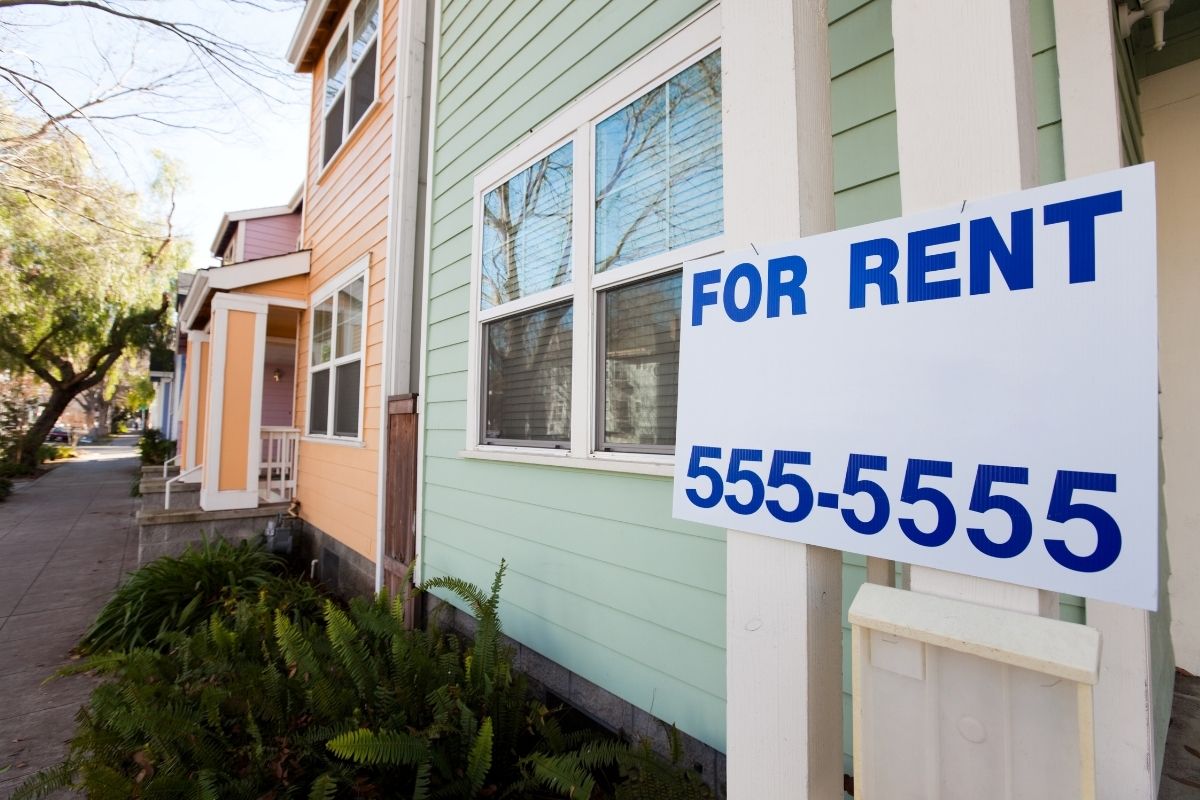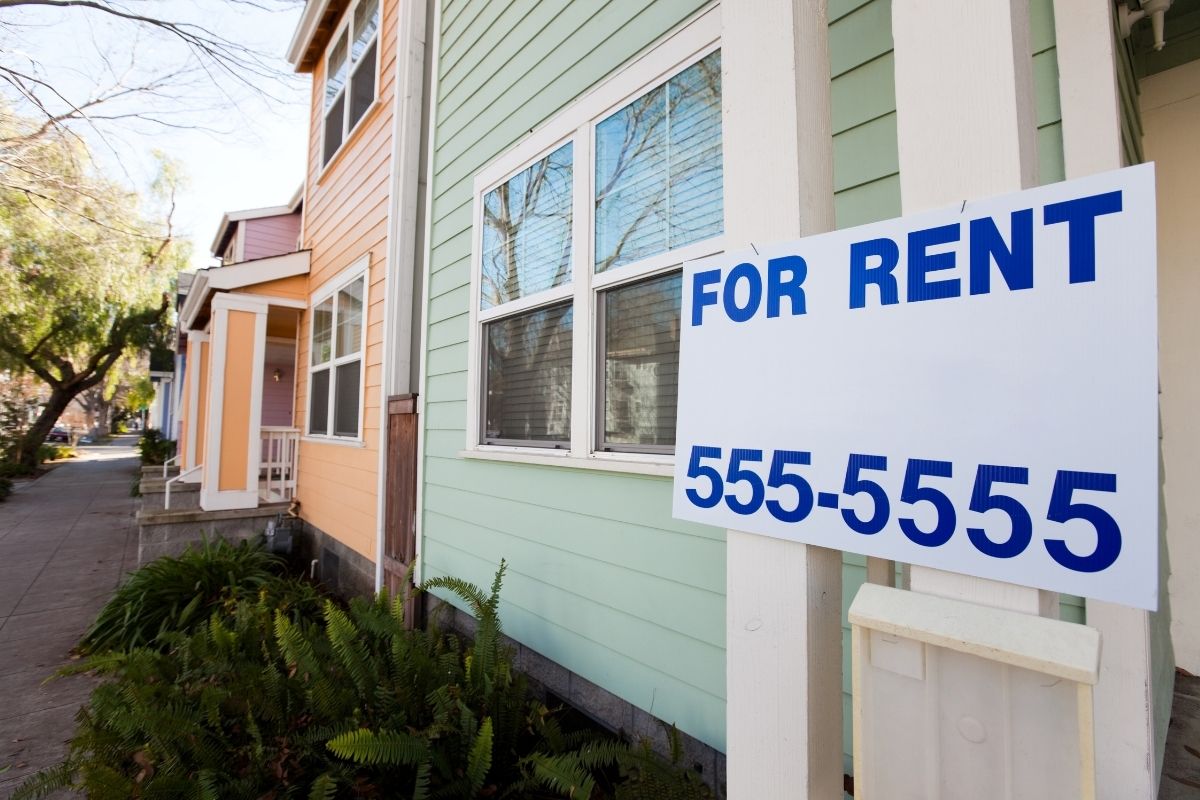Everyone needs a roof over their heads. It’s a basic human right that people should be able to at least know that they don’t have to sleep out on the streets.

A home or house is a place where families gather, where they are made, where they grow, and where they retire too. It’s the backbone of our lives, whether we realize it or not.
In the last 20 years, finding a place of your own has become increasingly difficult.
Rising costs of living, increasing house and apartment prices, and stagnating wages, all mean that finding your own home is getting trickier and trickier.
One of the things that have increasingly become popular in this time is living in rented accommodations, either on your own, or with others, be it family, friends, or strangers (if you’re brave enough).
This can mean anything from apartments to houses or even rooms within a house.
This isn’t a terrible solution for many people at various stages in their lives. It pools resources, so the cost of living and renting, meaning that you can generally live in places where you otherwise could not.
Plus, (at least for some), it’s a way of meeting new people!
The thing about renting is that it often comes with unexpected expenses, which can throw your finances out the window if you aren’t prepared for them.
With that in mind, here are three of the biggest hidden costs of renting.
There’s a good chance that some of these costs won’t come as any surprise to those who are already very familiar with living in rented accommodation, but hopefully, they’ll help you keep track of what you’re spending while you’re doing it, saving you money in the long run.
What Exactly Is Rented Accommodation?
First, it may be helpful to clarify what exactly counts as rented accommodation before we go any further.
To do this, let’s look at the definition from the Office for National Statistics: “Rented accommodation includes properties owned by individuals and companies, including individual homeowners, business owners, landlords, letting agents, and housing associations.”
So, it covers everything from private homes, to rooms in hotels, bedsits, flats, shared houses, hostels etcetera. In other words, it pretty much encompasses just about every form of accommodation that people rent out nowadays.
This brings us to the subject that you are here for.
Learning about the costs of living.
Monthly Rent
This is the big one. The vast majority of your money costs when it comes to renting where you live will likely be for the rent of the location itself.
This means the monthly rent, utilities like gas/electricity, water bills, internet access fees, and whatever else you pay for when you stay somewhere.
As mentioned earlier, this covers the vast majority of places that people rent.
For example, an average studio flat would most likely fall under this category, as well as an unfurnished room in a shared house, a bed in a B&B, or even any number of hotel rooms.
In the majority of places where rented accommodations are the norm, rent prices are fixed for the most part, which makes it easier for you to determine how much of your monthly budget is supposed to go towards rent.
Whilst this will be different between people and the number of their monthly salaries that they’re willing to pay, it is widely accepted that, in an ideal situation, you shouldn’t be paying much more than a 3rd of your monthly earnings towards rented accommodations.
This is mainly so that you aren’t leaving yourself without a means of buying things like food or luxuries.
But this is also to make sure that you have enough money to be able to afford other costs that often come with living and renting.
Utilities

Next to the cost of a location’s rent, utility bills will likely be one of the biggest financial drains.
These include anything from electricity, gas, water, TV license fees, broadband subscription, television licenses (if applicable), and anything else to do with running the place that you live in.
Of course, not all areas offer utilities at the same rates, and there are many ways that you can find cheaper suppliers too.
The amount of what you pay to the utilities will vary depending on your usage of certain utilities, which provider you are using for your utilities, where you live, and a whole range of other factors.
Of all the costs of renting, this is likely the one that will change the most, even within a single street. That also means that it’s likely to give you the most headaches, too.
Renter’s Insurance
Although not every landlord requires their renters to have proof of renter’s insurance, many will ask you to get some form of this kind of insurance whilst you are living as their tenant.
It doesn’t cover everything, but it does protect you against issues such as damage caused by fire, flooding, and theft amongst others.
There may also be limits to the extent up to which you can claim back claims made against you.
However, if you don’t plan on claiming compensation, the premiums charged to you will vary greatly based on whom you choose to insure with.
Generally speaking, however, this will likely be the cheapest of the costs that we have discussed. Most renter’s insurances cost somewhere in the double digits.
Departures Costs (Bonus Cost)
Whilst we’re here, we might as well mention some other costs that might come up for you whilst renting. Or in this case, after you have rented.
Departure costs include anything that’s required to leave the premises before you move out and/or clean the place after you’ve moved out or left.
This could include cleaning the kitchen, bathroom, floors, walls, and windows, emptying garbage bins, disposing of trash, etc.
These extra costs are going to depend on the area you are moving into, whether you are planning on keeping any of the furniture and appliances that you own, and whether you are planning on being responsible for the deposit that was paid to secure the tenancy agreement.
Conclusion
These are just a few of the costs that you’ll find out there in the world of renting. They only scratch the surface. But hopefully, we have helped you be a little more prepared for living in rented accommodation with this guide!
Financial Disclaimer
This post contains sponsored advertising content. This content is for informational purposes only and not intended to be investing advice.
The investing information provided on this page is for educational purposes only. compundingstacks.com does not offer advisory or brokerage services, nor does it recommend or advise investors to buy or sell particular stocks or securities.
The owner(s) of this blog is compensated to provide opinion on products, services, websites, and other topics. The owner(s) may be compensated if you click on a provided link and purchase or sign up for a service. Any product claim or advice about a product or service should be verified with the manufacturer, provider, or party in question. Copyright Compounding Stacks © 2022
- Is Coinbase Safe For Beginners? - March 25, 2022
- Are Penny Stocks Good For Beginners? - March 25, 2022
- Why You Shouldn’t Save Your Money In A Bank? - March 25, 2022

